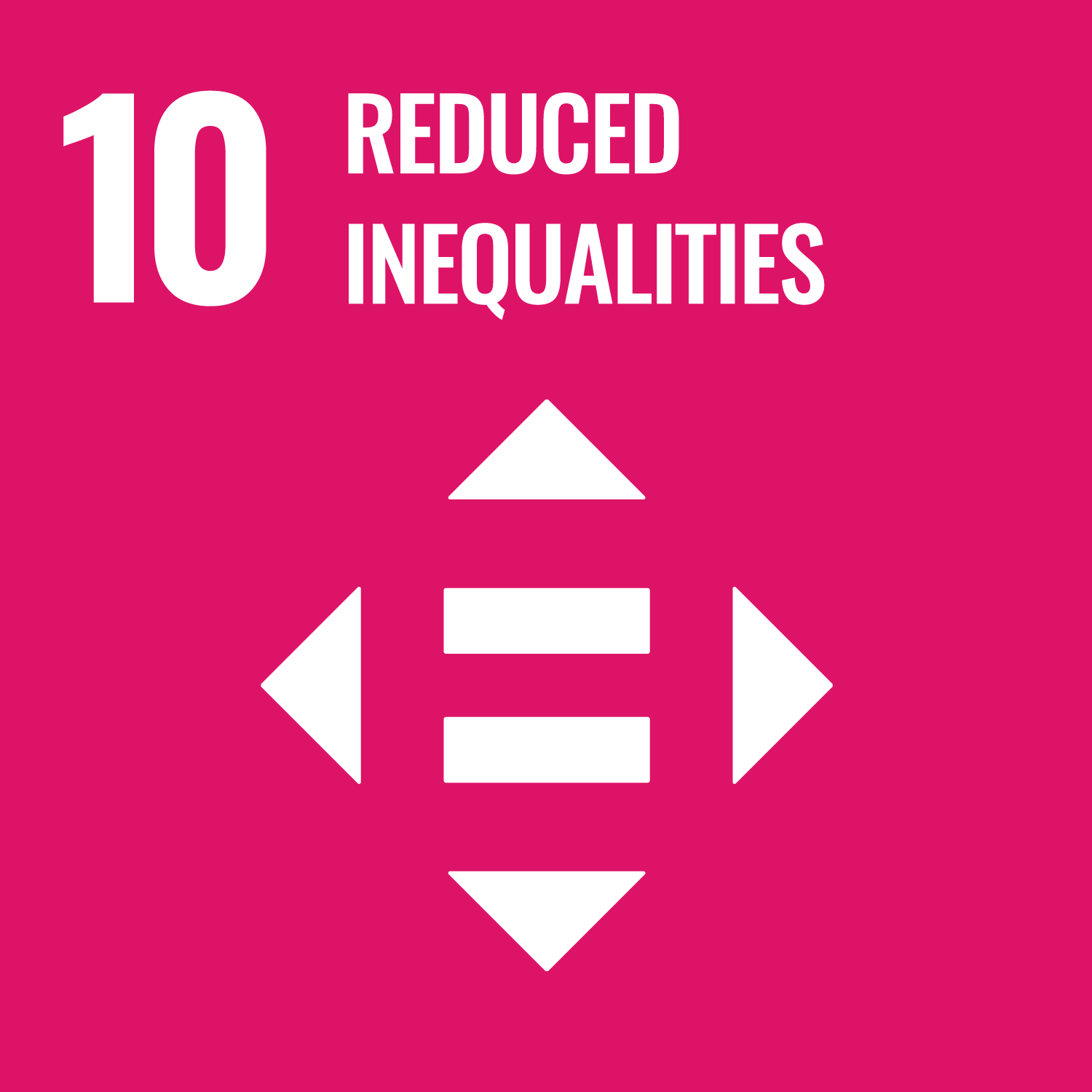ORCID
- Alexander Haupt: 0000-0002-4181-6300
Abstract
Developed countries increasingly compete for a pool of talented students from developing countries. This competition induces host countries to vertically di§erentiate their education programmes: some countries supply a higher educational quality and charge higher tuition fees, while others provide a lower quality for lower tuition fees. This paper argues that the educational quality of high-quality countries, the national tuition fees and the quality and tuition fee di§erentials between the countries all increase as the income prospects for graduates in the developing countries catch up with the developed world and the number of international students grows. If foreign students become more likely to stay in their host country after graduation, the implications will be more ambiguous. In particular, an increase in educational quality can be accompanied by a decline in tuition fees. IntensiÖed competition for international students does not necessarily disadvantage developing countries, since they might even beneÖt from a brain gain.
DOI Link
Publication Date
2016-06-11
Publication Title
Journal of Population Economics
ISSN
0933-1433
Acceptance Date
2016-05-10
Embargo Period
2017-06-11
Recommended Citation
Haupt, A., Krieger, T., & Lange, T. (2016) 'Competition for the International Pool of Talent', Journal of Population Economics, . Available at: 10.1007/s00148-016-0601-4


